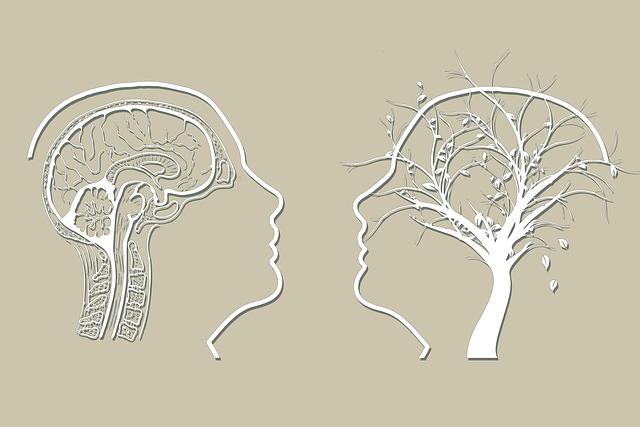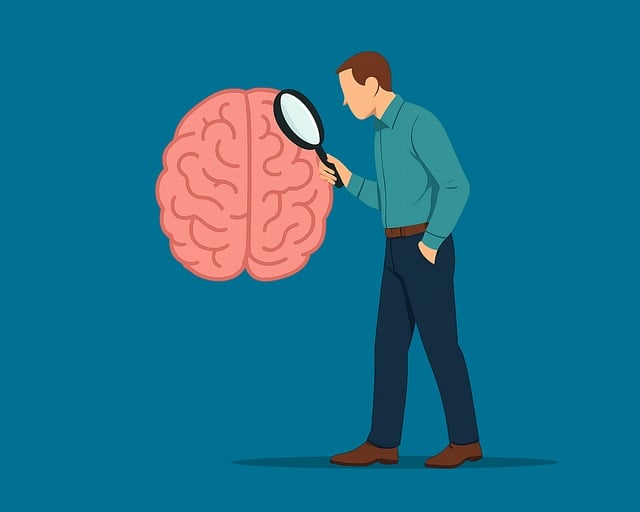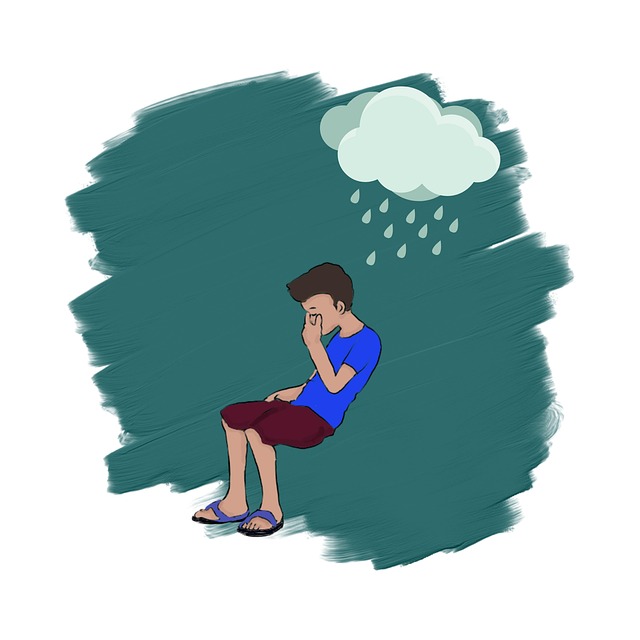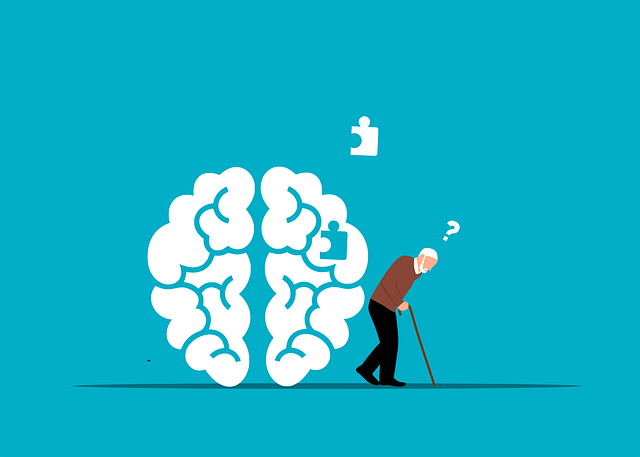Mental wellness, encompassing emotional, psychological, and social well-being, is crucial for daily functioning. In a stressful modern world, Boulder Depression Therapy promotes holistic approaches, integrating mind-body practices to build resilience and cope with challenges. Identifying personal stressors and triggers is key to developing a self-care routine tailored to individual needs, preventing burnout and reducing mental illness stigma. This involves activities like exercise, mindfulness, and creative outlets. Boulder Depression Therapy offers long-term management through structured routines focusing on mindfulness, physical activity, balanced diets, and personalized Mental Wellness Coaching Programs, fostering stability and positive thinking to enhance quality of life.
In today’s fast-paced world, prioritizing mental wellness is paramount. Our minds, much like physical health, require nurturing and care. This article guides you through a transformative journey towards cultivating a robust self-care routine tailored for optimal mental well-being. From understanding the profound impact of mental health on daily life to identifying personal stressors and triggers, we’ll explore effective strategies. Discover how Boulder Depression Therapy offers valuable insights into integrating long-term mental health management techniques for a balanced and fulfilling life.
- Understanding Mental Wellness and Its Impact on Daily Life
- Identifying Personal Stressors and Triggers
- Crafting a Self-Care Routine Tailored to Individual Needs
- Integrating Effective Strategies for Long-Term Mental Health Management with Boulder Depression Therapy
Understanding Mental Wellness and Its Impact on Daily Life

Mental wellness is a fundamental aspect of our overall well-being, influencing how we think, feel, and act in our daily lives. It encompasses emotional, psychological, and social health, enabling individuals to navigate life’s challenges with resilience. Understanding mental wellness involves recognizing that it goes beyond the absence of disorders; it’s about cultivating inner strength and developing coping skills to lead a fulfilling life.
In today’s fast-paced world, where stress and anxiety are prevalent, prioritizing mental wellness is more crucial than ever. Boulder Depression Therapy emphasizes the importance of holistic approaches to address various mental health concerns. By focusing on both the mind and body, individuals can harness the power of mind over matter principles, fostering inner strength development and effective coping skills to navigate life’s ups and downs with grace.
Identifying Personal Stressors and Triggers

Identifying Personal Stressors and Triggers is a crucial step in developing an effective self-care routine tailored to your unique needs. It involves becoming acutely aware of what sets off your stress response, whether it’s work deadlines, interpersonal conflicts, or certain environments. By understanding these triggers, you can proactively manage them through strategies such as setting healthy boundaries, prioritizing tasks, and creating calming spaces in your home or workplace.
This process is vital for preventing burnout and promoting mental health awareness. Recognizing your personal stressors also helps reduce the Mental Illness Stigma, fostering a more compassionate relationship with yourself and encouraging open conversations about mental wellness. For instance, if social media usage triggers anxiety, setting specific times to check your feeds can be a simple yet effective self-care measure. Similarly, regular exercise or mindfulness practices may prove instrumental in managing stress levels, ultimately enhancing one’s overall Boulder Depression Therapy journey.
Crafting a Self-Care Routine Tailored to Individual Needs

Creating a self-care routine is a deeply personal journey, and what works for one person may differ significantly from another’s needs. It’s essential to understand that everyone’s mental wellness journey is unique, shaped by their individual experiences, triggers, and coping mechanisms. When developing a self-care routine tailored to your specific requirements, consider the aspects of your life that contribute to stress or strain on your mental health. For instance, someone battling Boulder depression therapy might prioritize activities like regular exercise, which releases endorphins known to boost mood, alongside self-awareness exercises and mindfulness meditation to foster a sense of calm and present-moment awareness.
In contrast, an individual navigating the challenges of mental illness stigma reduction efforts may find solace in creative outlets like journaling or art therapy, offering a safe space for expression and reflection. The key lies in recognizing your personal triggers and implementing strategies that nurture your mind, body, and spirit. By incorporating practices that resonate with you on a fundamental level, you can build a self-care routine that becomes an integral part of managing and enhancing your mental wellness, ultimately leading to a more balanced and fulfilling life.
Integrating Effective Strategies for Long-Term Mental Health Management with Boulder Depression Therapy

Integrating effective strategies for long-term mental health management is a key aspect of Boulder Depression Therapy. Beyond traditional talk therapy, individuals can empower themselves through structured routines that prioritize mental wellness. This includes adopting practices such as mindfulness meditation, regular physical activity, and maintaining a balanced diet, which have been proven to alleviate symptoms of depression and anxiety. Mental Wellness Coaching Programs Development offers personalized guidance to help individuals navigate these strategies, fostering a sense of stability and resilience over time.
Additionally, cultivating positive thinking and reframing negative thought patterns are integral components of Boulder Depression Therapy. Mental wellness coaching encourages clients to challenge unhelpful beliefs, replace them with more realistic and positive perspectives, and engage in activities that promote self-care. By combining these approaches, individuals can develop robust self-care routines tailored to their unique needs, ensuring sustained mental health management and improved overall quality of life.
Developing a personalized mental wellness self-care routine is a powerful tool for navigating life’s challenges. By understanding mental wellness, identifying personal stressors, and crafting tailored strategies, individuals can effectively manage their mental health. Integrating practices like those offered by Boulder Depression Therapy enables long-term resilience and well-being. Remember, self-care isn’t just a luxury; it’s an essential investment in our emotional and psychological health.














